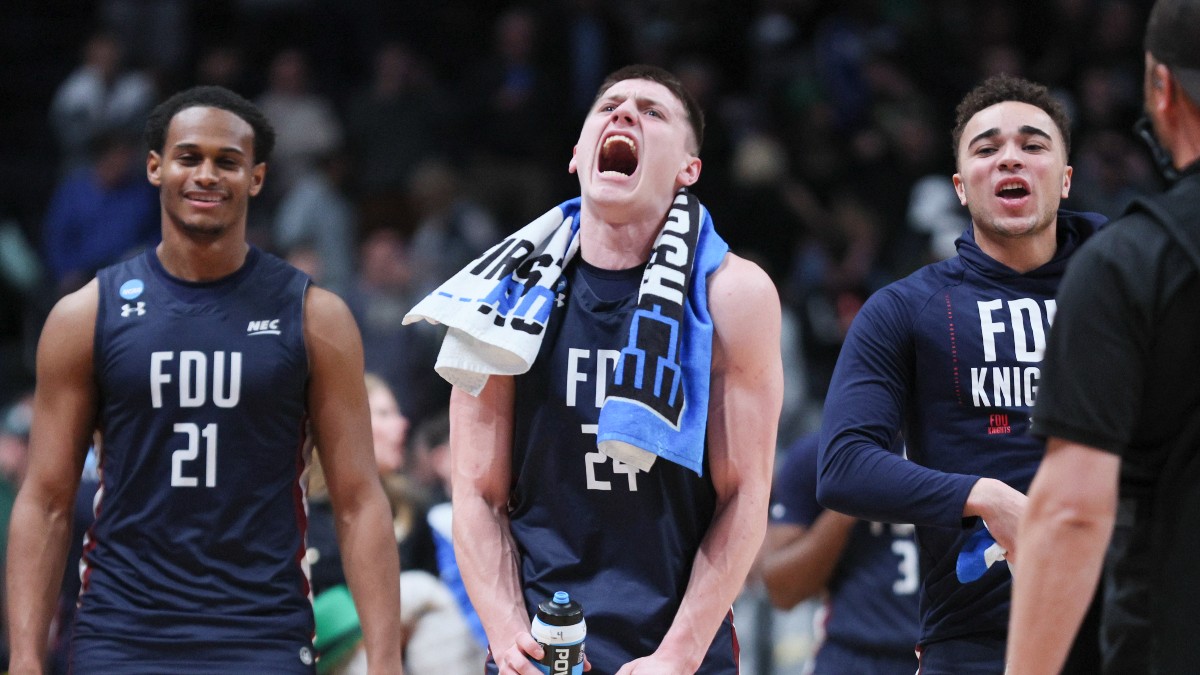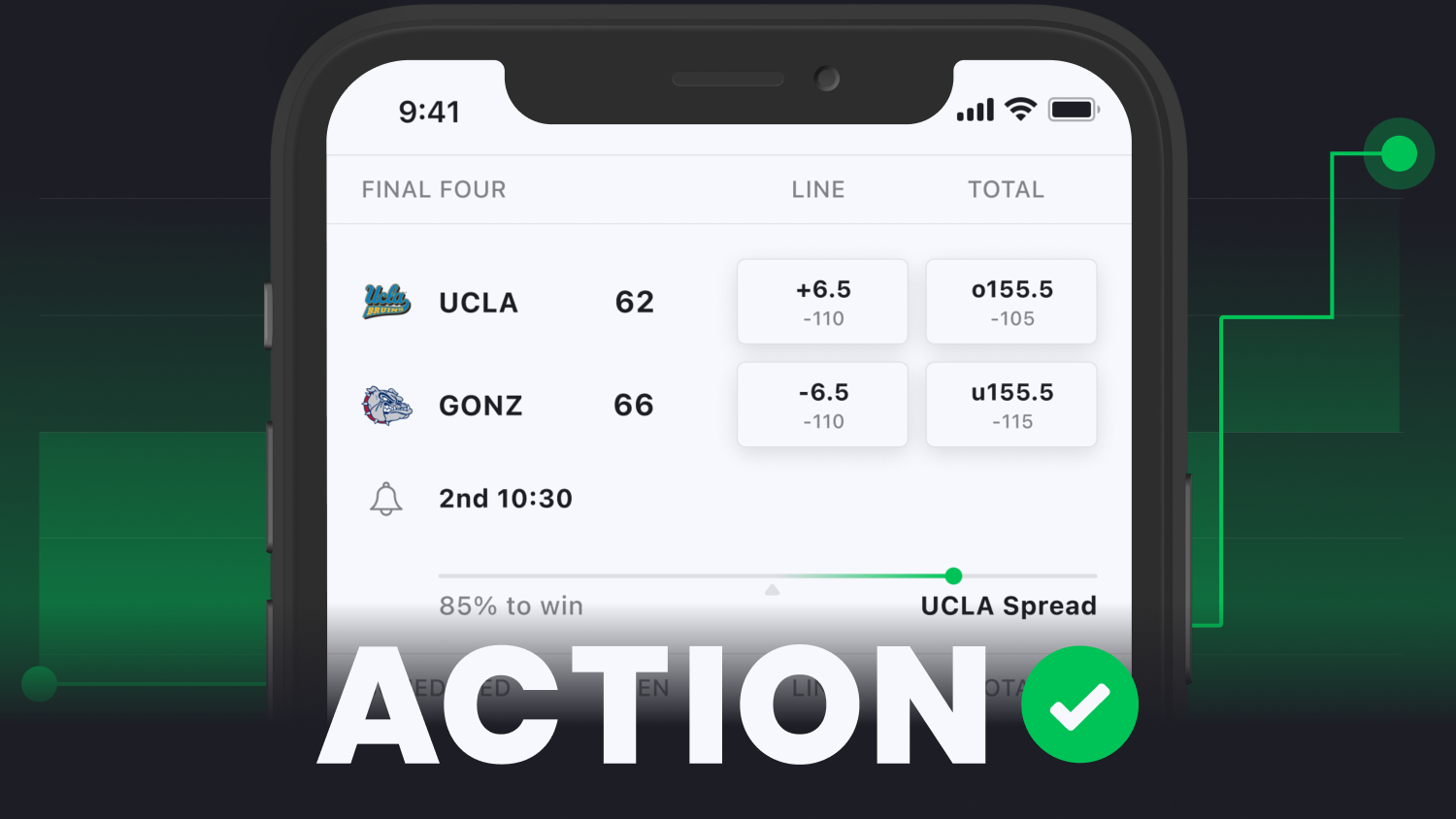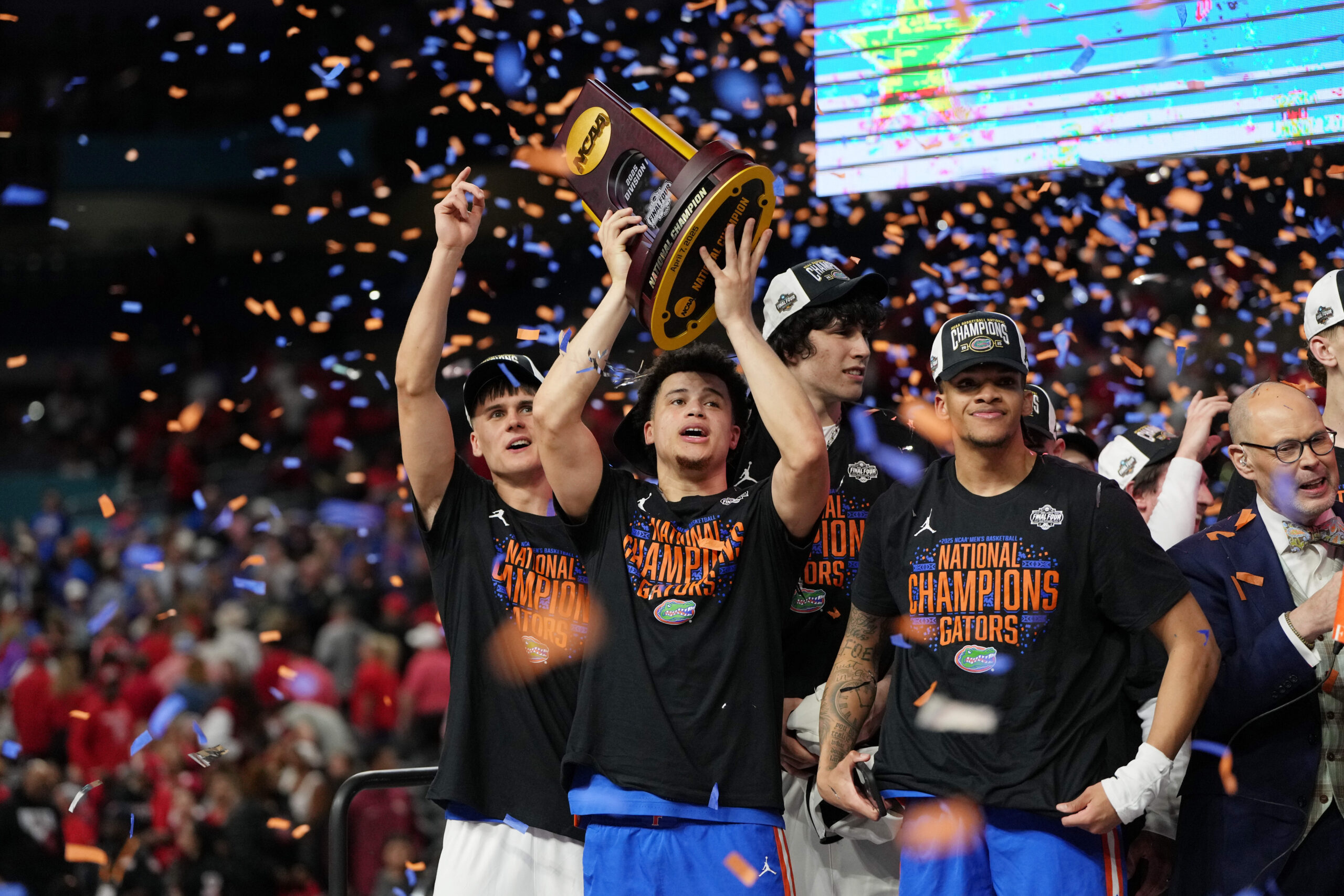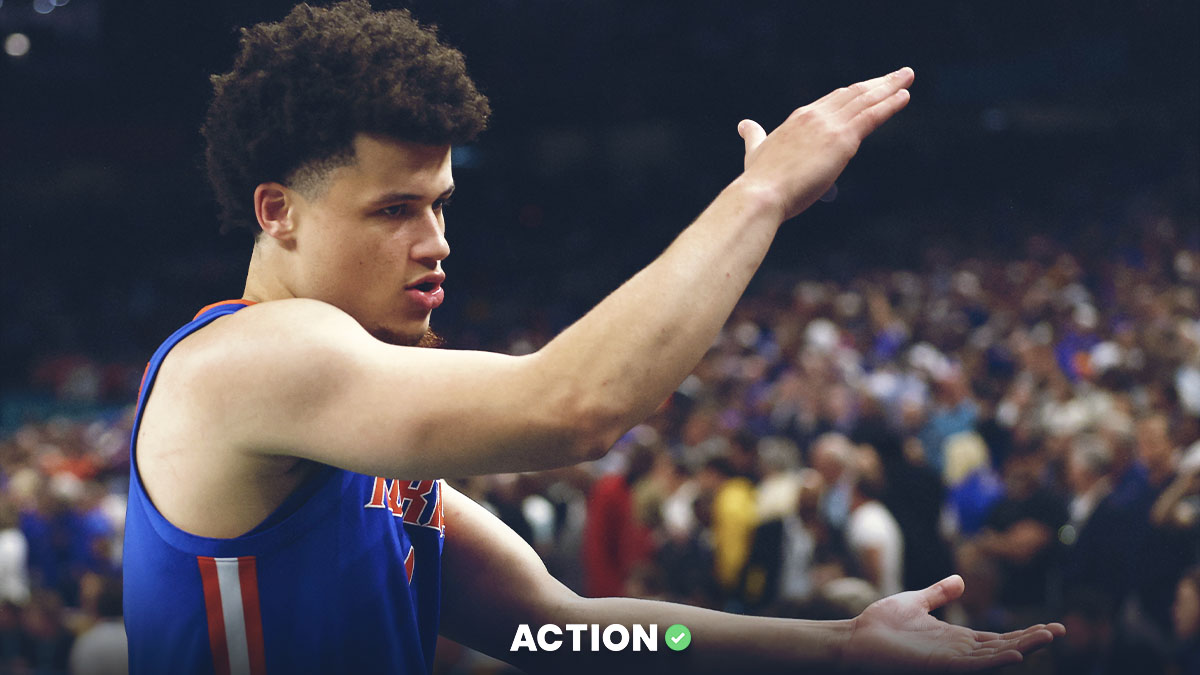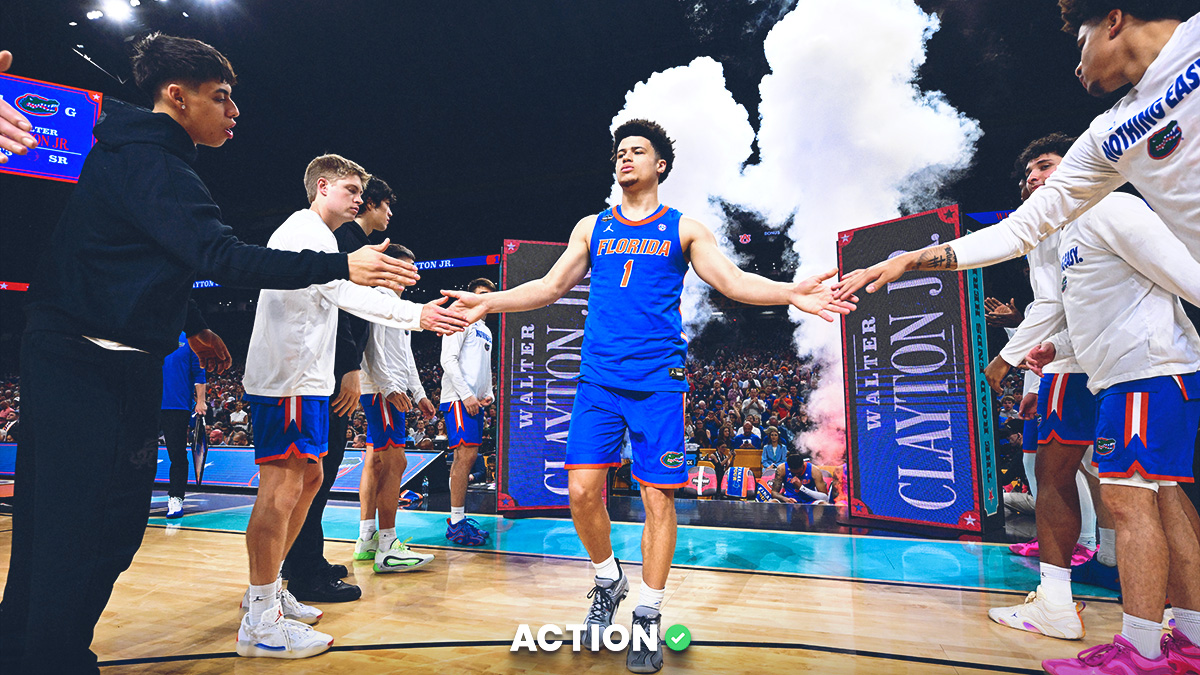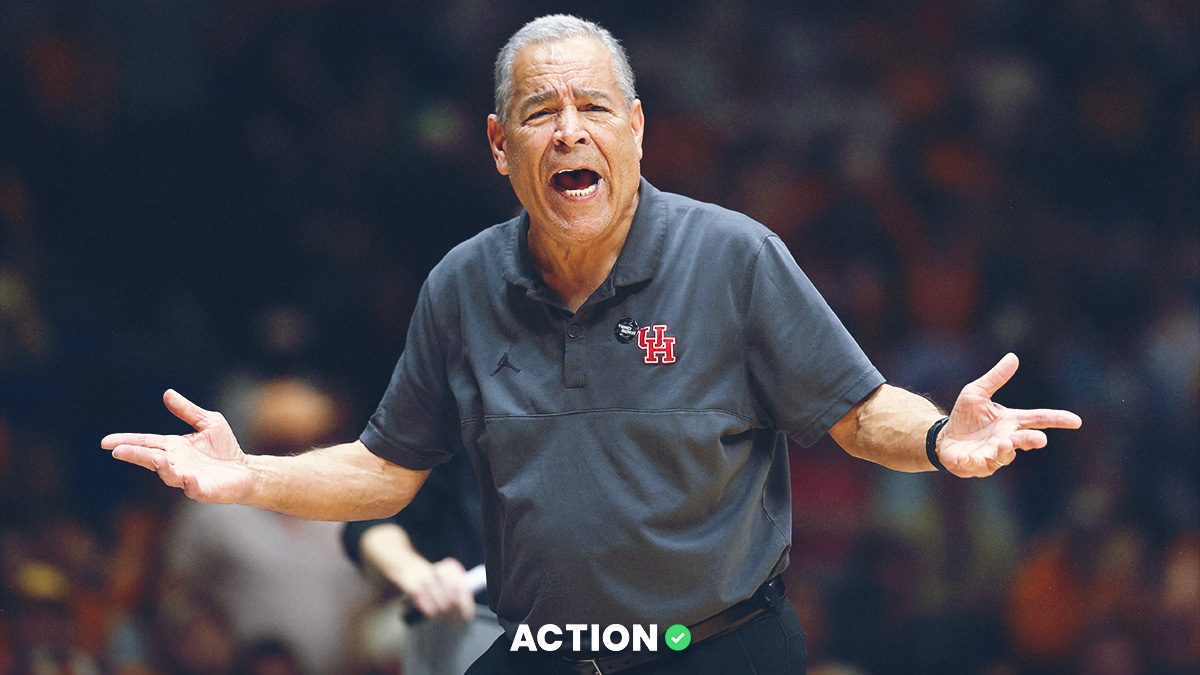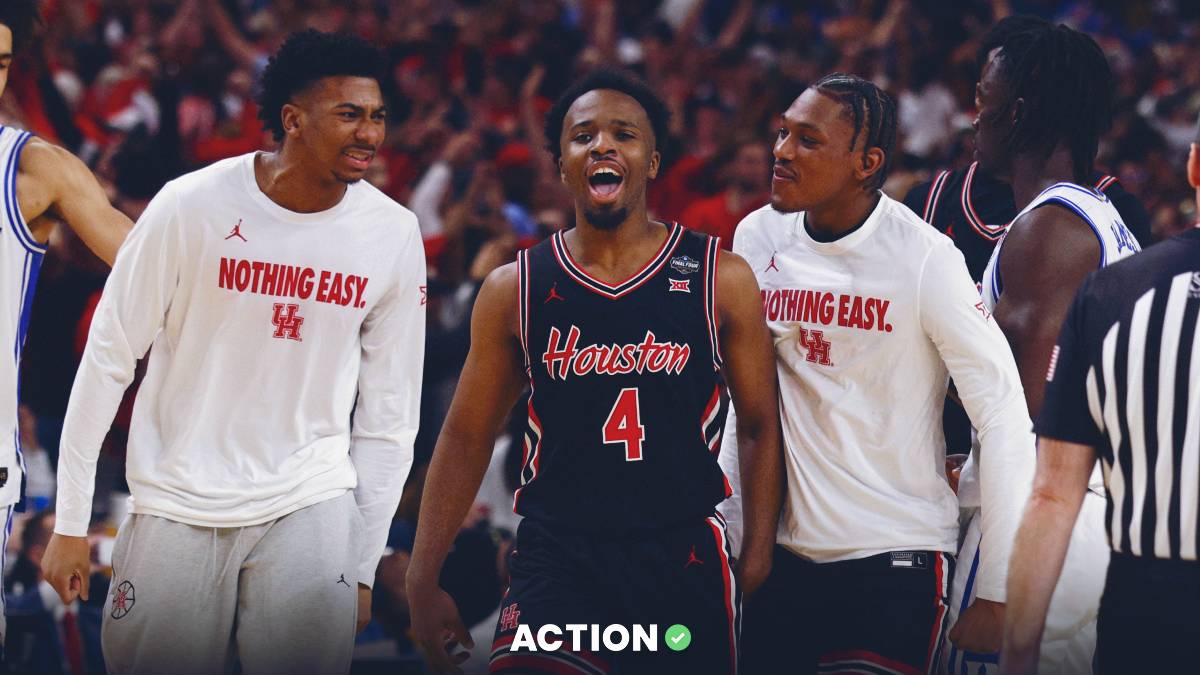After No. 16 seed Fairleigh Dickinson beat No. 1 Purdue on Friday night, the New Jersey private university could already hear the cash register ringing.
"From an applications and admissions standpoint, I expect applications to go through the roof," FDU athletic director Brad Hurlbut told the Action Network after the game.
An admissions bump from a high-profile sporting event first observed at Boston College following Doug Flutie's Hail Mary victory over Miami in 1985. Since then, it's happened over and over again.
Most recently, it occurred less than 20 miles away from Fairleigh Dickinson's campus — at Saint Peter's in Jersey City.
After the No. 15 seed's historic run to the Elite Eight last year, the school experienced a bump in applications by about 10% — the largest increase this side of 2000.
Fairleigh Dickinson will be a whole other beast, though. Saint Peter's is a commuter school located on a small, 25-acre campus in an urban area.
FDU, meanwhile, is 88 acres large, has double the amount of majors and has plenty more student housing.
"This will change everything for us," Hurlbut said.
On Thursday night, another New Jersey institution pulled off a major upset when No. 15 seeded Princeton beat No. 2 Arizona.
Will it give the No. 1 ranked school in the nation — according to the U.S. News & World Report — the same applications bump as FDU?
No.
"We're an enrollment driven institution, we need people to come to campus," Hurlbut said. "Princeton is literally turning away people."
But Princeton athletic director John Mack absolutely affirms the notion that the Tigers' upset can be positive for enrollment — on a smaller scale.
"I think our win against Arizona is a reaffirmation that the Ivy League model still works," Mack said. "You can still get a first-class experience both as a student and an athlete. But admissions don't skyrocket for us. We only have so much capacity. But it could mean that a kid who is an athlete now gives us a second look or even regular students who are considering Princeton might realize athletics can be part of their overall experience."
Mack himself committed to Princeton's track and field team due in part to the basketball team's upset victory over UCLA in the 1996 NCAA Tournament, he said.
"I was committed to run track for Michigan," Mack told the Action Network. "I even attended my visit to Princeton in a Michigan jacket. But once that win happened, I saw it. At Princeton, I could get an amazing education and compete on a national level."
As +10 underdogs against the defending champion Bruins, Princeton managed a plodding 43-41 victory to advance to the Round of 32.
That game occurred seven years after Princeton was involved in the "game that saved the NCAA Tournament." In it, No. 16 seed Princeton lost by just a point to powerhouse No. 1 seed Georgetown, narrowly missing out on becoming the first 16-seed to achieve an upset.
Prior to the contest, NCAA officials had contemplated eliminating automatic March Madness bids for smaller conferences, such as the Ivy League. Those discussions were promptly squashed after this game.
And, two years later, CBS considered the ratings and hype surrounding Princeton vs. Georgetown when it inked a seven-year, $1 billion contract for the rights to air the NCAA Tournament.
It's the power of the upset.


